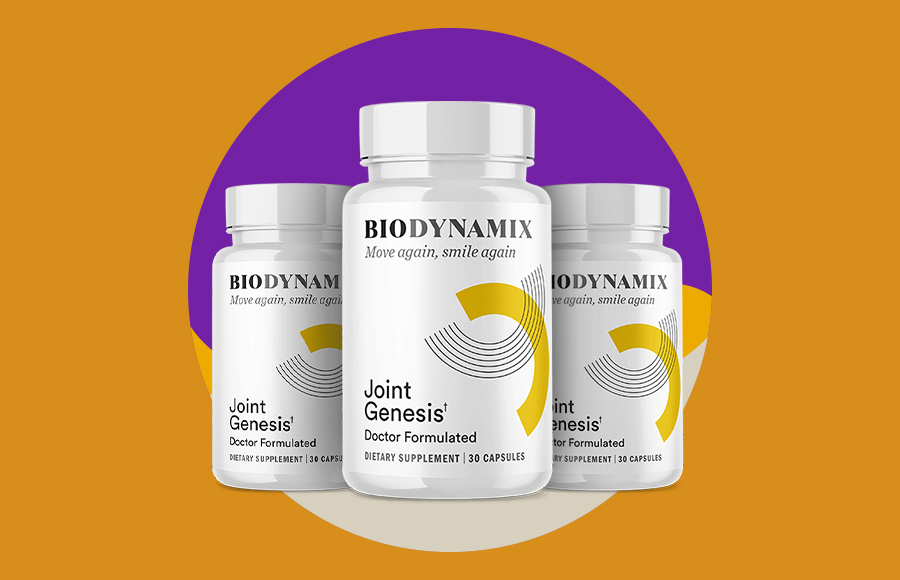.png)
What Is Vascular Dementia?
Vascular dementia is a form of cognitive decline that results from reduced or blocked blood flow to the brain, often following strokes or damage to blood vessels. As the brain is deprived of oxygen and nutrients, cells in key areas begin to die, leading to a gradual or sudden onset of memory issues, confusion, and challenges in daily functioning.
This condition is particularly common in older adults and is recognized as the second most prevalent type of dementia, following Alzheimer’s disease. The severity and progression of vascular dementia depend on the extent and location of the brain damage.
Types of Vascular Dementia
One of the most recognized forms is multi-infarct dementia, which develops after a series of small, often unnoticed strokes known as transient ischemic attacks (TIAs). These events may be brief but cause cumulative damage that becomes evident over time.
Another notable type is mixed dementia, where vascular problems coexist with other forms of dementia, such as Alzheimer’s or Lewy body dementia. This combination can lead to more severe symptoms than either condition would cause independently.
Signs and Symptoms of Vascular Dementia
The symptoms of vascular dementia can develop suddenly after a stroke or slowly after a series of smaller incidents. They may vary depending on the part of the brain affected but commonly include:
Cognitive and Emotional Changes:
-
Slowed thought processing
-
General forgetfulness
-
Sudden mood changes or irritability
-
Confusion, especially in the evenings
-
Hallucinations or misinterpretation of reality
-
Loss of interest in usual activities
Physical and Behavioral Changes:
-
Muscle weakness, especially in the limbs
-
Difficulty walking or maintaining balance
-
Incontinence
-
Speech difficulties, such as slurred words
-
Inappropriate emotional responses (e.g., laughing or crying unexpectedly)
-
Trouble planning or executing tasks like cooking or handling money
The condition typically progresses in a "stepwise" fashion—episodes of decline are followed by periods of relative stability.
Treatment and Management
While there is no cure for vascular dementia, early intervention can slow its progression and improve quality of life. Treatment generally focuses on managing risk factors and supporting cognitive and physical functions.
Medical Treatments May Include:
-
Medications to manage blood pressure, cholesterol, or diabetes
-
Anticoagulants or antiplatelet drugs to prevent further strokes
-
Cognitive enhancers also used in Alzheimer’s patients
-
Therapies such as speech, occupational, and physical rehabilitation
Preventing Further Damage:
-
Quit smoking and limit alcohol intake
-
Exercise regularly, aiming for at least 30 minutes a day
-
Maintain a heart-healthy diet low in salt and saturated fat
-
Monitor and control blood sugar levels
-
Reduce stress through relaxation techniques such as deep breathing, yoga, or gentle movement
Lifestyle Changes That Support Brain Health
Even with a diagnosis, there is much individuals can do to maintain functionality and independence. Simple lifestyle adjustments can promote brain resilience and emotional well-being.
-
Stay physically active: Walking, swimming, or gardening can help circulation and reduce stress.
-
Engage mentally: Puzzles, reading, or learning a new skill can help preserve memory and cognitive function.
-
Socialize regularly: Maintaining connections with others combats isolation and can stimulate memory.
-
Organize your environment: Keeping items in predictable places and using labels can reduce daily frustration.
-
Follow routines: Predictable schedules help manage memory challenges and provide a sense of control.
Tips for Managing Memory Difficulties
Memory loss can be one of the most distressing symptoms of vascular dementia, but strategies exist to make it more manageable:
-
Use notebooks or digital apps to track appointments and tasks
-
Post reminders and essential phone numbers in visible places
-
Create associations (e.g., linking medication times to meals)
-
Use visual or verbal cues when communicating
-
Minimize distractions when focusing on tasks
Supporting a Loved One with Vascular Dementia
Caregivers play an essential role in providing comfort and safety. Although caregiving can be challenging, simple practices can improve both the caregiver's and the patient's quality of life.
-
Create a calm and predictable environment: Avoid loud noises, harsh lighting, and cluttered spaces.
-
Use gentle redirection: If a person becomes agitated, shift focus to a calming activity or topic.
-
Encourage participation: Let your loved one help with simple tasks like folding towels or watering plants.
-
Stay connected through communication: Even if they don't fully understand, tone of voice and facial expressions can convey warmth and support.
-
Use visual aids: Clocks, calendars, and labeled items help orientation.
-
Engage in shared activities: Listening to music, going for short walks, or reminiscing about the past can enhance emotional connection.
Self-Care for Caregivers
Caring for someone with vascular dementia can be overwhelming. It’s important that caregivers also care for their own health:
-
Take regular breaks
-
Get support from friends, support groups, or professionals
-
Maintain hobbies and interests
-
Eat well, exercise, and rest
Remember that your ability to care for others depends on how well you take care of yourself.
When to Seek Help
Certain changes in behavior or function may require adjustments in care or professional intervention:
-
Increased confusion or aggression
-
Falls or physical instability
-
Difficulty eating or swallowing
-
Inability to manage daily tasks, even with help
Consulting healthcare professionals for regular evaluations and guidance is critical. If in-home care becomes too demanding, consider options such as adult day programs, respite care, or assisted living.
Conclusion: Living with Vascular Dementia
While vascular dementia presents serious challenges, it does not mean the end of meaningful life. With proper treatment, lifestyle adjustments, and strong support systems, individuals can manage their condition and preserve their dignity.
For caregivers, the journey may be complex, but it also offers moments of connection, gratitude, and growth. Facing vascular dementia with compassion, patience, and preparation can lead to better outcomes and enriched relationships—for everyone involved.














.png)











